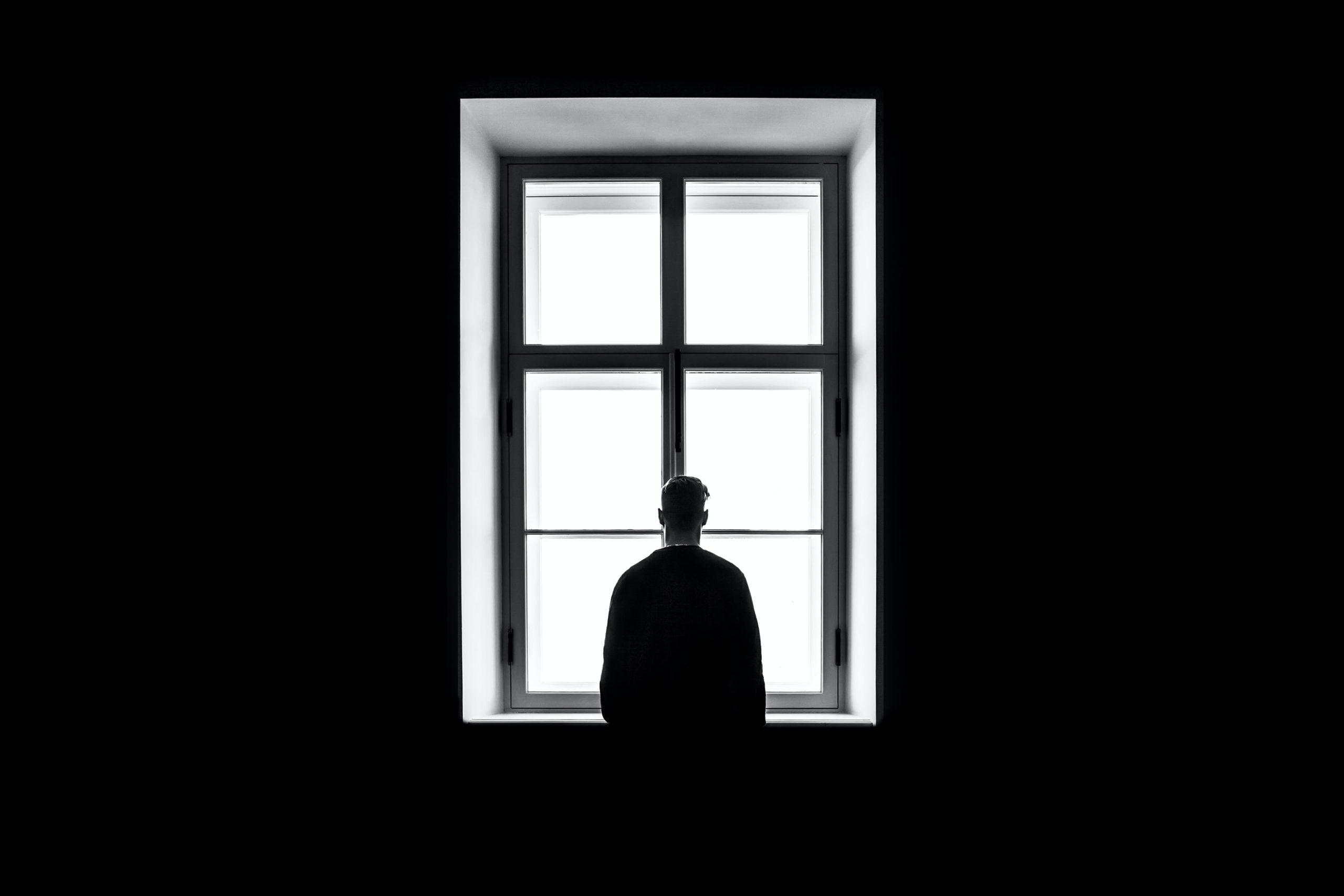Depression and drug abuse addiction are two very serious issues that often go hand in hand. In fact, there are many links between these two conditions.
If you or someone you love is struggling with depression and drug abuse addiction, it is important to get help right away. This blog post will discuss four of the most common links between depression and drug abuse addiction.
Substance abuse can trigger or intensify the feelings of loneliness, isolation, and despair that are associated with depression.
Drug abuse can lead to feelings of isolation and loneliness. When someone is under the influence of drugs, they may withdraw from friends and family. They may also engage in risky behaviors that can result in them feeling further isolated and alone.

Additionally, drug abuse can lead to financial problems, which can intensify the feelings of despair and hopelessness that are associated with depression. There is an alternative means to communicate with your therapist and receive valuable medical services from anywhere.
Depression can lead to drug abuse as a form of self-medication.
Depression can be extremely debilitating. It can make it hard to focus on work or school, enjoy hobbies, or even get out of bed in the morning. People who are struggling with depression may turn to drugs as a way to escape from the negative feelings they are experiencing.
Drug abuse can provide temporary relief from the symptoms of depression, but it is not a long-term solution. In fact, it can make the symptoms of depression worse in the long run. Self-medication with drugs is also very dangerous and can lead to overdose and death. Find out your benefits and coverage options for substance abuse treatment.
Drug abuse can worsen the symptoms of depression.
Depression is a serious medical condition that requires treatment. However, drug abuse can worsen the symptoms of depression. Drug abuse can lead to memory problems, sleep problems, and difficulty concentrating.
These problems can make it hard to function at work or school and can interfere with personal relationships. Additionally, drug abuse can lead to anxiety and paranoia, which can intensify the feelings of hopelessness and despair that are associated with depression.
Outpatient Programs can provide people with depression the help they need to recover without resorting to self-medication.
Depression can cause relapses in drug abuse recovery.
Depression is a common trigger for drug abuse relapse. Drug cravings can be intense, and the feelings of hopelessness and despair that are associated with depression can make it hard to stay on track with recovery.
If you or someone you love is struggling with depression and drug abuse addiction, it is important to get help right away. Treatment can help you manage the symptoms of both conditions and improve your overall quality of life. Get help with an Inpatient residential program or Outpatient Program and see you or your loved ones overcome addiction.
If you or someone you love is struggling with depression and drug abuse addiction, help is available. Impact Outpatient Program offers a path to lasting, sustainable recovery.
We offer a variety of treatment options, including intensive outpatient and outpatient programs, telemedicine, and multiple pathways treatment. Our experienced team of addiction specialists will work with you to create a personalized treatment plan that meets your unique needs.
We offer a safe, supportive environment where you can heal and begin the journey to recovery.

